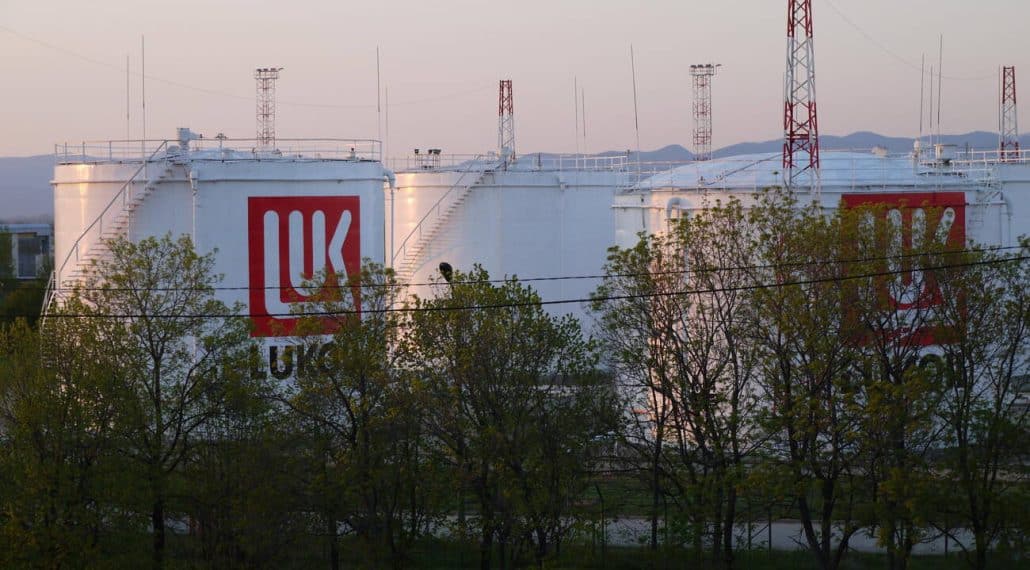Overview
Petrol, also known as gasoline, is a high-performance fuel primarily used in spark-ignition engines. At Zeeland Refinery, petrol is produced to meet the most stringent EU quality and emissions standards, ensuring a clean-burning, energy-rich product suitable for both domestic and international markets.
As environmental regulations evolve, our refining process continues to adapt — including the integration of renewable components like bioethanol, as required by European legislation.
Petrol (Gasoline)
Production Process
Zeeland Refinery uses a combination of advanced refining technologies to produce petrol:
Atmospheric Distillation: Crude oil is heated and separated into fractions based on boiling point. Light fractions (naphtha) destined for petrol are collected early in the process.
Catalytic Reforming: Naphtha is chemically transformed to increase its octane number, enhancing engine performance and fuel stability.
Isomerization & Alkylation (if applicable): Light hydrocarbons are converted into high-octane blending components.
Blending & Additivation: Various hydrocarbon streams are blended with fuel additives to improve combustion, engine cleanliness, and storage stability. Bioethanol is blended in to meet EU Renewable Energy Directive (RED II) targets.
All petrol produced complies with EN 228 — the European standard for unleaded petrol, including limits for sulfur, benzene, vapor pressure, and oxygenates.
Product Profile
High Octane Performance
Optimized for modern spark-ignition engines, with octane levels tailored to regional standards (typically 95–98 RON).Ultra-Low Sulfur Content
Zeeland’s petrol contains ≤10 ppm of sulfur, contributing to reduced particulate and SOₓ emissions.Clean Combustion
Special detergents and anti-knock additives enhance engine performance, reduce buildup, and prolong engine life.Stable and Reliable
Designed to meet performance needs in both warm and cold climates, with carefully balanced vapor pressure for reliable engine startup and minimized evaporative losses.
Sustainability & Biofuel Compliance
Bioethanol Integration:
Petrol is blended with renewable bioethanol derived from agricultural feedstocks, supporting EU directives on renewable energy usage in transportation.
Emissions Reduction:
Compared to unblended fossil fuel petrol, E10 fuel can reduce CO₂ emissions by up to 5–10% on a lifecycle basis.
Air Quality Benefits:
Zeeland’s petrol complies with EU Stage V fuel standards, helping reduce pollutants such as carbon monoxide (CO), hydrocarbons (HC), and nitrogen oxides (NOₓ).
Distribution
Pipelines:
Most of our petrol is transported in bulk through a regional pipeline network to terminals in Belgium, the Netherlands, and Germany.
Tankers & Rail:
From regional terminals, petrol is shipped to distribution centers via road tankers or rail.
Retail Delivery:
Final distribution is carried out through national and international partners to fuel stations, fleet operators, and logistics hubs.
Port Logistics:
Zeeland’s strategic access to the Van Cittershaven enables efficient maritime shipment of petrol to key European destinations.

Reference Summary
| Attribute | Specification |
|---|---|
| Fuel grade | EN 228 Unleaded Petrol |
| Octane rating | 95–98 RON (Regular & Premium blends) |
| Sulfur content | ≤10 ppm |
| Bioethanol content | Up to 10% (E10 compliant) |
| Energy content | ~34.2 MJ/L |
| Main markets | Belgium, Netherlands, Germany |
| Delivery channels | Pipeline, road tanker, terminal distribution |
